Discussion 2: Calculating probabilities#
A coincidence?#
Probabilistically model a coincidence from your own life.
Does the experiment model the coincidence well?
Does this remind you of any of the coincidences we studied in class?
Monty Hall#
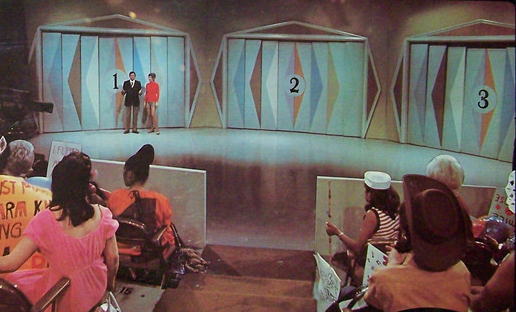
Rules of the Monty Hall game:
There are three doors, two of them hide goats, one hides a prize.
The player picks a door.
The game show host opens one of the other doors to reveal a goat.
The player has to decide if they stay or switch.
Class poll: what is the optimal strategy, stay or switch? Or, does it not matter?
Which strategy is best?#
We’ll do an experiment to evaluate whether it is a better strategy to switch. Let’s check if switching wins significantly more than 1/2 of the games.
Each pair of students has three cards:
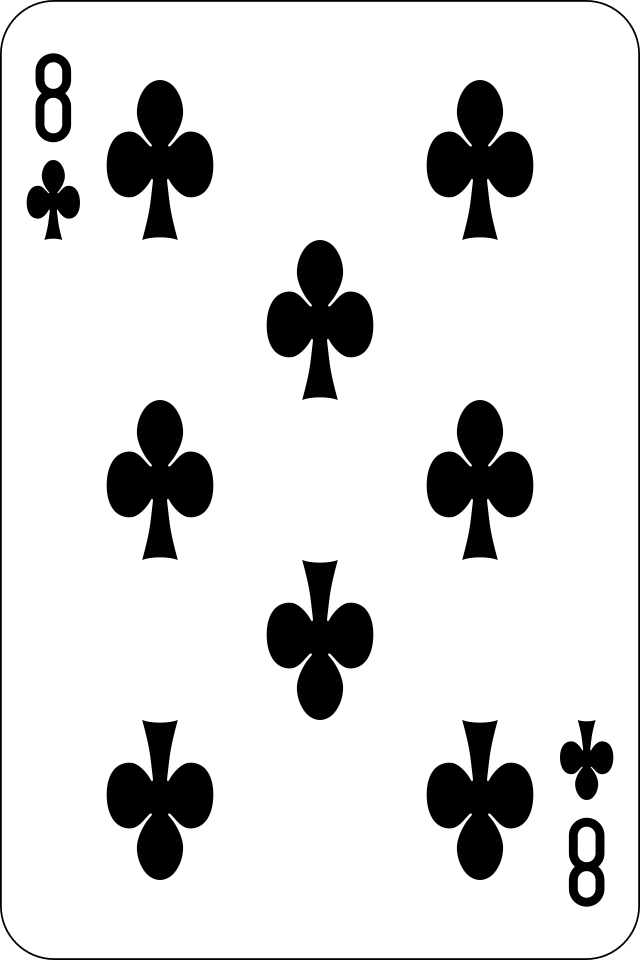
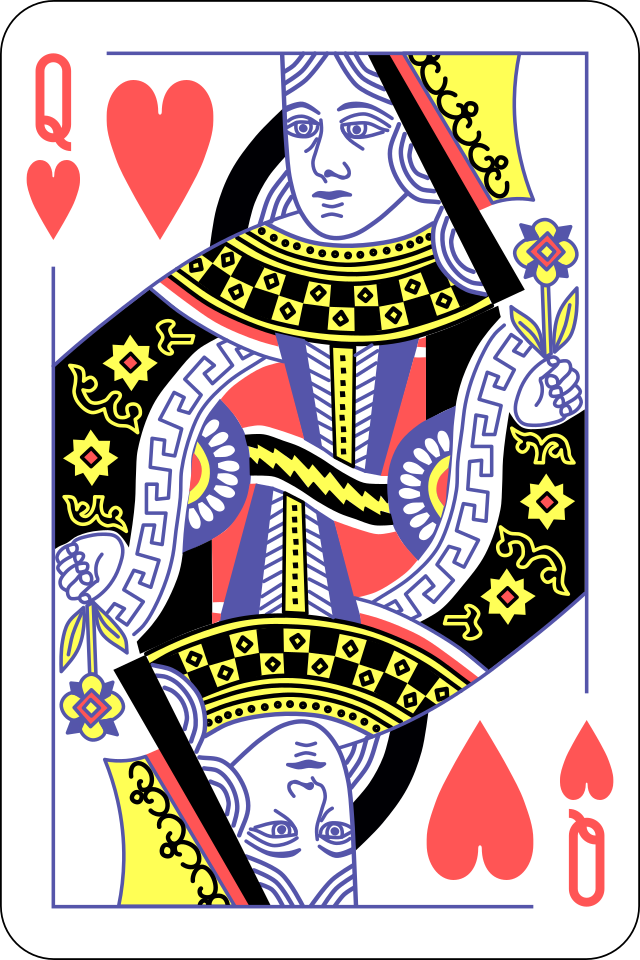
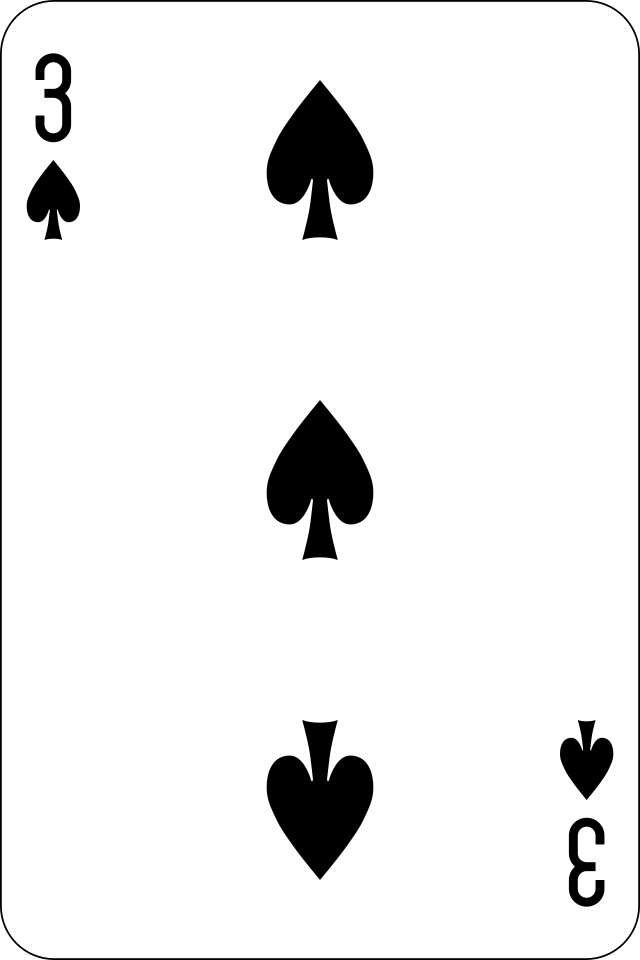
How could these cards be used to simulate the probability of winning if you switch?
goat
car
goat
With your partner, designate one person as the contestant and the other as Monty.
Monty fans the cards, contestant picks one, Monty reveals one of the others as a “goat”.
Contestant switches to the other card. What prize do they win?
Swap roles and repeat, playing at least 12 games.
Data entry#
How many games did you play? How many games did the player win?
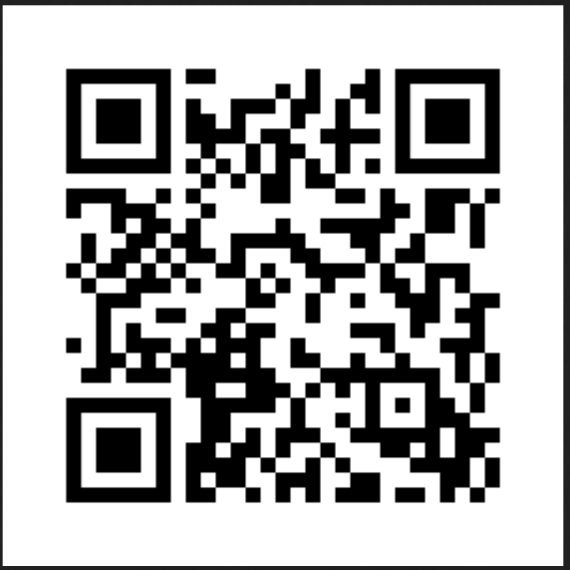
Data analysis#
What is the probability that the player won \(\ge \frac{7}{12}\) of the games, if switching is no better than staying?
If switching is no better than staying, then the probability of winning each game is \(\frac{1}{2}\).
If \(n\) games were played in total, then the number of wins is modeled by the number of heads you get when you flip a coin with heads probability \(\frac{1}{2}\) a total of \(n\) times.
We can use the computation from class yesterday to compute the probability of the event \(A\) that the number of heads is \(\ge \frac{7}{12} \cdot n\). We have that $\( \Pr[A] = \Pr[\text{ # heads }\ge \frac{7}{12} \cdot n] \)$
import math
for n in range(12,160,12):
m = n * 7 // 12 # divide and round to nearest integer
s = sum([ math.comb(n,k) * (1/2)**n for k in range(m,n)])
print("in ", n, "games, probability of winning >= 7/12 of games is", s)
in 12 games, probability of winning >= 7/12 of games is 0.386962890625
in 24 games, probability of winning >= 7/12 of games is 0.27062803506851196
in 36 games, probability of winning >= 7/12 of games is 0.20251612305582967
in 48 games, probability of winning >= 7/12 of games is 0.15616340373663107
in 60 games, probability of winning >= 7/12 of games is 0.12253041651147285
in 72 games, probability of winning >= 7/12 of games is 0.09725258293369954
in 84 games, probability of winning >= 7/12 of games is 0.07782823185699857
in 96 games, probability of winning >= 7/12 of games is 0.06267284859424625
in 108 games, probability of winning >= 7/12 of games is 0.05071636752055249
in 120 games, probability of winning >= 7/12 of games is 0.04120373966376328
in 132 games, probability of winning >= 7/12 of games is 0.03358518527445267
in 144 games, probability of winning >= 7/12 of games is 0.027450936248664178
in 156 games, probability of winning >= 7/12 of games is 0.022490082094521916
Given what we observed, does it seem likely that switching is better?
Why is switching better?#
Claim: The probability of winning if you switch is \(\frac{2}{3}\).
TA and class work through the mathematical analysis of Monty Hall.
